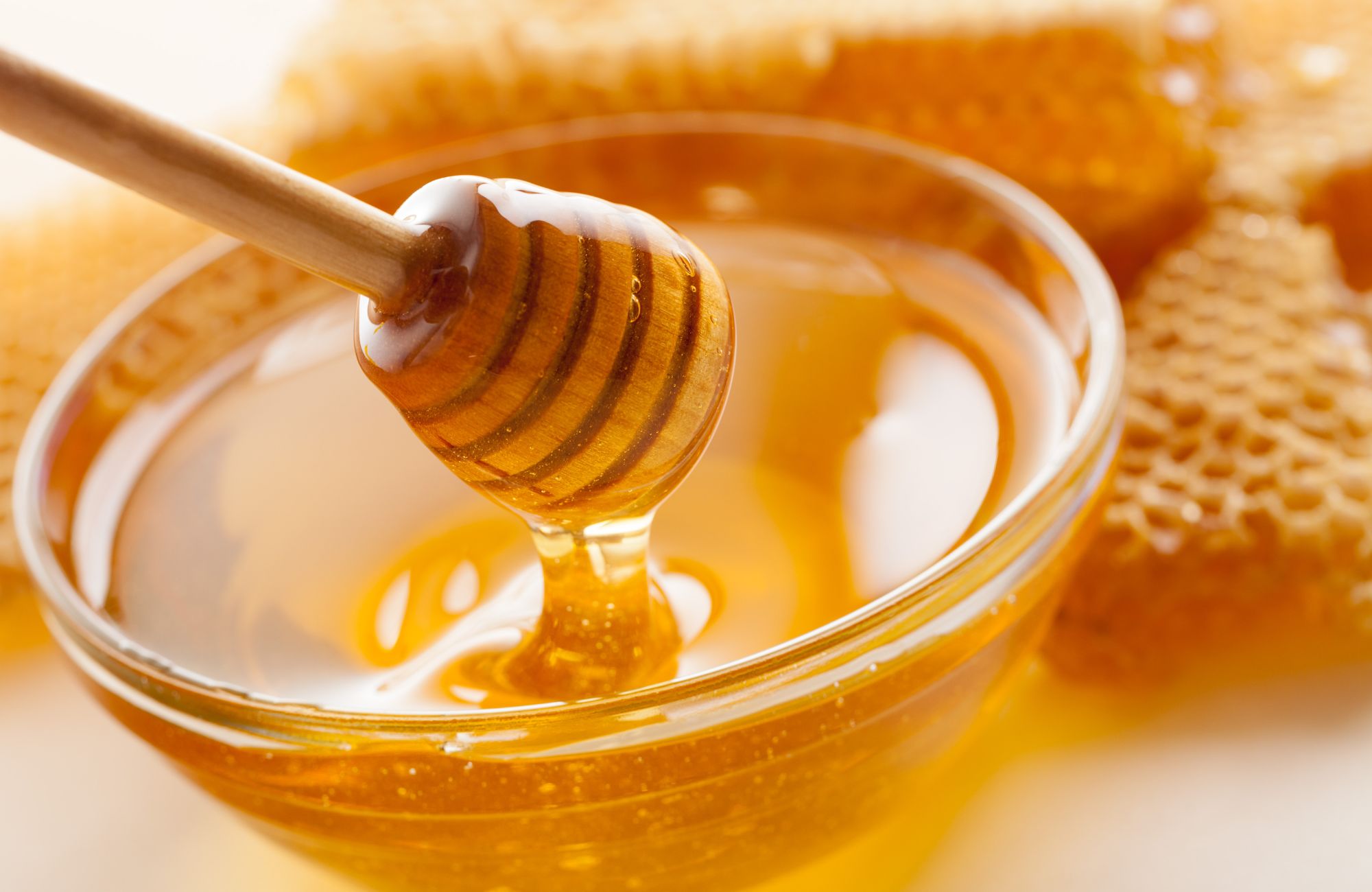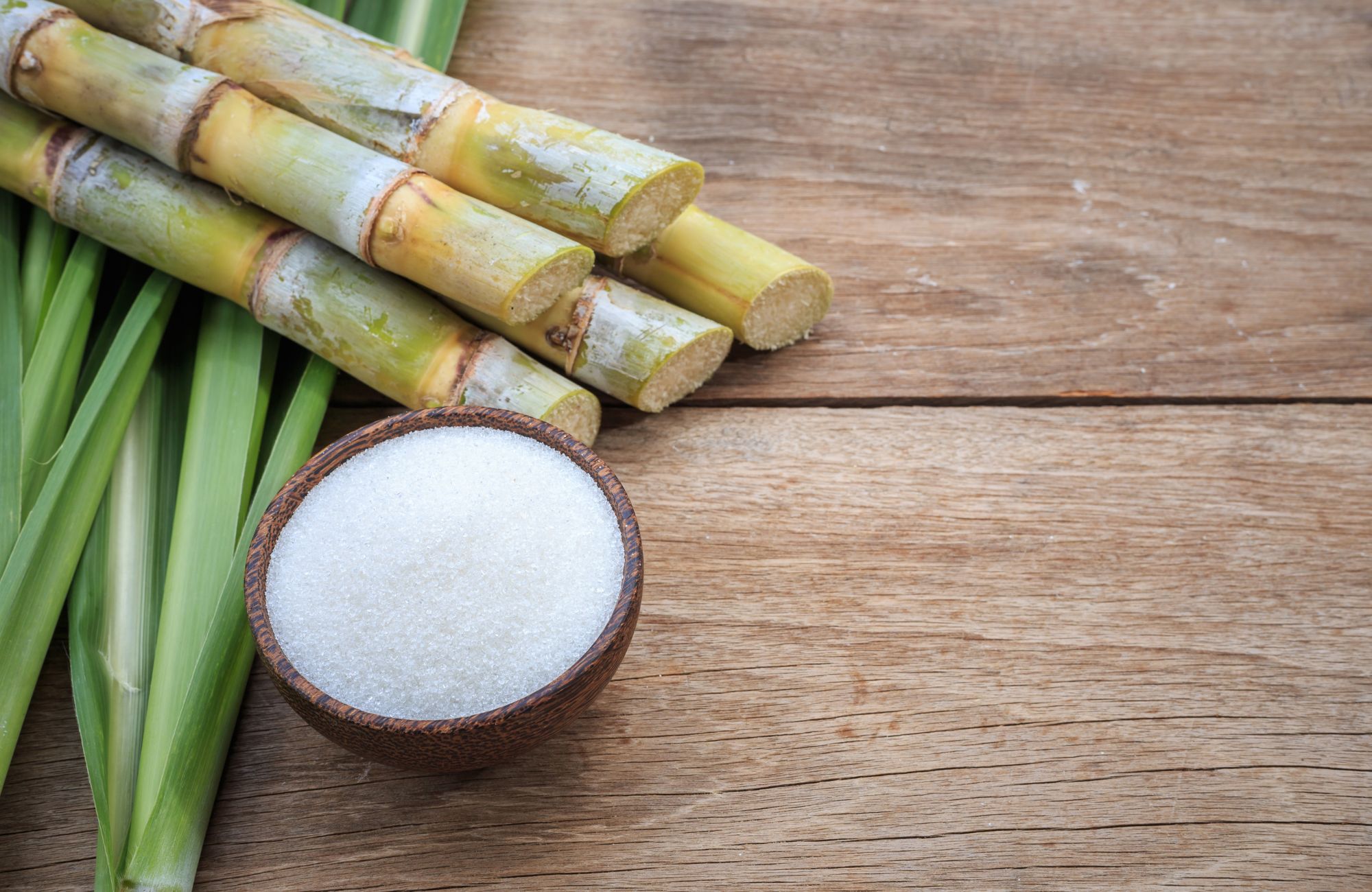
Is Honey a Natural Sweetener?
For thousands of years, honey has been nature’s golden sweetener, valued from ancient civilizations to modern kitchens. Unlike heavily processed sweeteners, such as refined sugar from sugar beet or sugarcane, honey is a pure, natural liquid sugar created by bees through a time-tested biological process. The question arises: Is Honey a Natural Sweetener?
As concerns about sugar consumption and artificial sweeteners grow, more consumers are turning to natural alternatives. Honey stands out not just for its sweetness, but for its rich nutritional profile and minimal processing, making it a unique and beneficial choice.
What Makes Honey Natural?
Unlike refined sugar or artificial sweeteners, honey requires minimal processing to go from hive to table. When we say honey is natural, we mean it contains no added sugar or ingredients, no chemical processing, no artificial preservation methods, and no synthetic additives. The only processing that quality honey undergoes includes gentle filtering to remove bee parts and wax, optional warming to prevent crystallization, and bottling for distribution. This minimal intervention helps preserve honey’s natural compounds, ensuring that its beneficial enzymes, natural antioxidants, mineral content, vitamin profile, and unique flavor compounds remain intact.
The Natural Production Process
Honey’s journey from flower to jar follows a precise and natural process:
- Collection – Worker bees collect nectar from flowers using their long, tube-shaped tongues and store it in their special “honey stomach.”
- Enzyme Transformation – Inside the bee, enzymes break down complex sugars into simpler ones, making the nectar more stable.
- Hive Processing – Back at the hive, house bees receive the nectar and continue breaking down sugars while gradually reducing moisture through trophallaxis (passing nectar between each other).
- Dehydration – Bees spread the nectar into honeycomb cells and fan their wings to evaporate excess water, thickening the honey.
- Capping and Storage – Once the honey reaches the ideal moisture level (17-20%), bees seal the cells with wax, preserving it for future use.
Chemical Composition & Natural Properties
Honey is more than just sugar. It’s packed with natural nutrients, enzymes, and antioxidants. Unlike refined sugar, honey retains beneficial compounds that have been perfected by bees over millions of years.
Natural Sugars & Energy
The main ingredients in honey are two natural sugars: glucose and fructose. These come from flower nectar that bees collect and transform. Unlike table sugar, which hits your system all at once, honey’s mix of sugars is easier for your body to handle. It’s like the difference between dumping a pile of sugar into your body versus giving it a more manageable package.
Water Content & Preservation
Water plays a big part in honey too. Bees are like natural chemists – they know exactly how much water to leave in the honey (about 17-20%) to make it just right. Not too runny, not too thick, and fresh for a long time without going bad.
Enzymes & Nutrients
Here’s what makes honey really stand out: it’s full of natural good stuff. Bees add special enzymes (think of them as natural helpers) that keep the honey fresh and healthy. These enzymes are like little workers that give honey its special properties.
Colors and Flavors
The color and taste of honey come from the flowers the bees visit. Dark honey, such as buckwheat honey, usually has a stronger taste because it contains more natural plant compounds. These compounds aren’t just for flavor – they also act as natural protectors, helping keep the honey fresh and providing health benefits.
Health Benefits of Natural Honey
Honey isn’t just delicious – it’s packed with health benefits that have been known for thousands of years. While ancient civilizations might not have understood the science behind it, modern research is now backing up what they knew all along: honey is good for you. Recent studies have found that honey contains natural compounds that can help your body in several ways. Let’s break down these benefits in simple terms.
Antioxidant Powerhouse
Think of antioxidants as your body’s cleaning crew. Honey, especially darker varieties, is full of these helpful compounds. They help protect your cells from damage and may even slow down the aging process. The darker the honey, the more antioxidants it typically contains. Antioxidants in honey may help reduce inflammation, which is linked to chronic conditions like heart disease.
Natural Energy Booster
Unlike processed sugar which gives you a quick energy spike followed by a crash, honey provides a more steady source of energy. Athletes often use honey as a natural energy booster because it offers both quick and sustained energy. It’s like having a battery that charges quickly but lasts longer.
Soothing Properties
Here’s something your grandmother probably knew: honey can help with coughs and sore throats. Research has shown that a spoonful of honey can be as effective as some over-the-counter cough medicines. It coats and soothes your throat while its natural antibacterial properties go to work.
Digestive Health Helper
Honey can be good for your gut too. It acts as a prebiotic, which means it feeds the good bacteria in your digestive system. Think of it as providing food for the helpful microbes that keep your digestive system running smoothly.
Wound Healing Properties
Honey has remarkable wound-healing properties, making it a valuable natural remedy. Medical-grade honey is even used in hospitals due to its natural antibacterial properties and ability to maintain a moist wound environment, which promotes healing. It is particularly effective for treating minor burns, cuts and scrapes, skin infections, and even diabetic ulcers, helping to prevent infection and speed up recovery.
Immune System Support
Regular consumption of raw, local honey may help strengthen your immune system. The tiny amounts of pollen in raw honey can help your body build resistance to local allergens. Think of it as a natural way to help your body adapt to your local environment.
Beauty Benefits
Honey isn’t just beneficial internally; it’s also great for skincare. Its natural properties make it a popular ingredient in beauty routines, acting as a natural moisturizer, a gentle exfoliant when mixed with other ingredients, a nourishing face mask for glowing skin, and a hair conditioner that enhances shine and softness.
Health Considerations for Honey Consumption
Honey is a natural and nutritious sweetener, but it should be consumed in moderation. While it offers health benefits, consuming too much sugar—including from honey—can contribute to weight gain, blood sugar imbalances, and other health concerns.
Honey & Blood Sugar
Honey has a lower glycemic index than refined sugar, meaning it causes a slower rise in blood sugar levels. However, it still affects glucose levels, making moderation essential—especially for individuals managing diabetes, insulin resistance, or metabolic disorders.
Honey & Weight Gain
While honey contains beneficial compounds such as antioxidants and enzymes, excessive consumption can contribute to weight gain. It is still a caloric sweetener, so those looking to maintain or lose weight should monitor their intake.
Honey & Heart Health
Although honey contains antioxidants that may support heart health, high sugar intake—whether from honey or other sources—has been linked to heart disease. Those with heart conditions should consume honey responsibly as part of a balanced diet.
How to Choose High-Quality & Safe Honey
Not all honey is created equal—some store-bought varieties are highly processed and may contain added sugar or artificial ingredients. Follow these tips to select pure, high-quality honey:
- Check for proper sealing – The jar should be tightly sealed when purchased. Any broken seals or tampering could indicate contamination.
- Look for raw or organic labels – These types of honey retain more nutrients and are less processed.
- Check the texture – Pure honey should be thick and smooth. If it’s overly watery, it may have been diluted or over-processed.
Warning Signs: When to Avoid Honey
Although honey has natural preservative properties and can last for years, certain changes may indicate spoilage or contamination.
- Fermentation or bubbling – A sign of moisture contamination, which may lead to spoilage.
- Strange odors – A sour or off-putting smell suggests bacterial growth.
- Unusual separation – If honey becomes overly watery and does not blend back together.
- Mold or discoloration – Visible signs of mold indicate contamination.
If you notice any of these warning signs, discard the honey immediately to avoid potential health risks.
Conclusion: Is Honey a Natural Sweetener?
Natural honey stands out as one of nature’s most remarkable gifts, offering far more than just sweetness in every golden drop. From its complex creation by hardworking bees to its varied health benefits, honey proves that sometimes the best sweetener is the one that’s been around for millions of years. Whether you’re drizzling it over your morning toast, using it to soothe a sore throat, or incorporating it into your beauty routine, honey continues to demonstrate why it’s nature’s perfect sweetener.
Experience Nature’s Sweetest Gift Today
At US Sweeteners, we take pride in offering premium, bulk honey made from pure flower nectar. Carefully sourced for its rich flavor, smooth consistency, and natural sweetness, our honey is perfect for food production, commercial applications, and bulk distribution.
We are committed to exceptional quality and purity, ensuring that every batch meets the highest standards. Whether you’re in the food and beverage industry or seeking a trusted bulk supplier, we’re here to support your needs.
Contact us today to learn more about our honey and how we can assist you.
FAQs: Is Honey a Natural Sweetener?
Is honey a healthier sweetener than sugar?
Honey is often considered a better option than refined sugar, but both should be consumed in moderation. It’s sweeter, so you may use less, and it contains antioxidants, enzymes, and minerals absent in regular sugar. It also has a lower glycemic index, meaning it impacts blood sugar more gradually.
Is honey naturally sweetened?
Yes, honey is naturally sweet. Bees collect nectar from flowers and use enzymes to break it down into simple sugars, creating honey with no added sweeteners or processing.
Does honey count as natural sugar?
Yes, honey is a natural sugar. It consists of naturally occurring fructose and glucose, derived directly from flower nectar and processed by bees without artificial refinement.
Is honey a natural sweetener with nothing added?
Yes, pure honey contains no additives. When sourced from a trusted supplier, it remains in its natural form, with only minimal filtering to remove wax and bee particles. Always check labels to ensure you’re getting raw or pure honey.
Is maple syrup the same as honey?
No, maple syrup and honey are not the same. Honey is made by bees from flower nectar, while maple syrup comes from the sap of maple trees. Honey is thicker, floral, and rich in antioxidants, while maple syrup is smoother, caramel-like, and high in minerals. They also have different sugar compositions and glycemic indexes, but both are natural sweeteners with unique benefits.



Leave a Reply